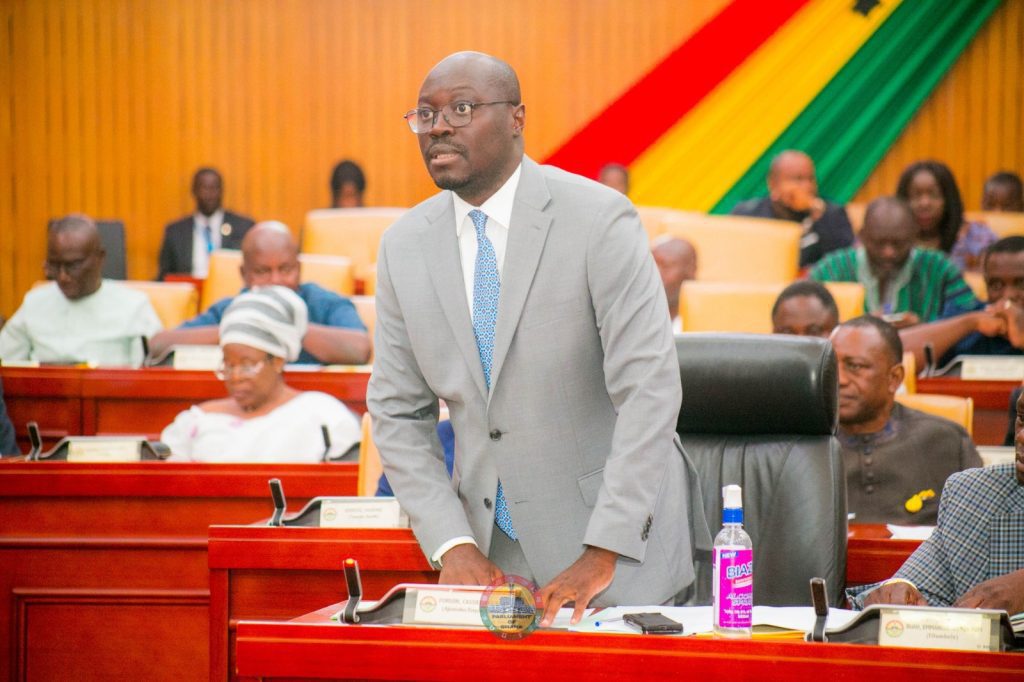Finance Minister Dr Cassiel Ato Forson is set to present the 2026 Budget Statement and Economic Policy to Parliament on Wednesday, November 13, in what is expected to be a defining moment for the Mahama administration’s economic agenda.
Sources within the Finance Ministry have confirmed that the proposed date—pending parliamentary approval—will mark the first full-year budget under the reinstated Mahama government, which assumed office in January 2025. The presentation is expected to lay out a bold policy direction aimed at accelerating economic growth, job creation, and fiscal consolidation.
Economic analysts say the 2025 Budget, delivered shortly after the administration took office, largely adhered to the fiscal framework inherited from the previous government. In contrast, the 2026 Budget is anticipated to showcase the administration’s own policy imprint, signalling a shift toward homegrown economic strategies and long-term development goals.
Under the Public Financial Management Act (PFMA), the Finance Minister—acting on behalf of the President—is required to present the national budget to Parliament no later than November 15 each year.
Ahead of the presentation, the ministry has held extensive stakeholder consultations with industry leaders, civil society organisations, and development partners, a process insiders say was instrumental in shaping the government’s fiscal priorities and policy interventions.
Dr Forson has already hinted that the 2026 Budget will focus heavily on job creation, private-sector growth, and youth empowerment, backed by targeted investments in technology, agriculture, and industrial development.
Ministry sources suggest that the budget will introduce a comprehensive tax reform agenda—aimed at broadening the revenue base while reducing the tax burden on ordinary citizens and businesses.
Among the measures under review is the COVID-19 levy, which the government is expected to either scrap or reconfigure to support economic recovery efforts.
The budget is also expected to outline strategies for enhancing domestic revenue mobilisation, rationalising expenditure, and strengthening public financial management, especially as Ghana approaches its exit from the IMF programme in May 2026.
With rising debt service obligations and mounting infrastructure needs, the government faces a delicate balancing act—stimulating growth while maintaining fiscal discipline. Market watchers say they will be looking for concrete signals on deficit management, public investment plans, and macroeconomic stability.
Economist Dr Theo Acheampong notes that this budget “will be the litmus test for how the Mahama administration intends to translate its campaign promises into measurable fiscal action.”
Click the link Puretvonline.com | WhatsApp Channel to join the WhatsApp channel
GOT A STORY?
Contact/WhatsApp: +233243201960 or manuelnkansah33@gmail.com

